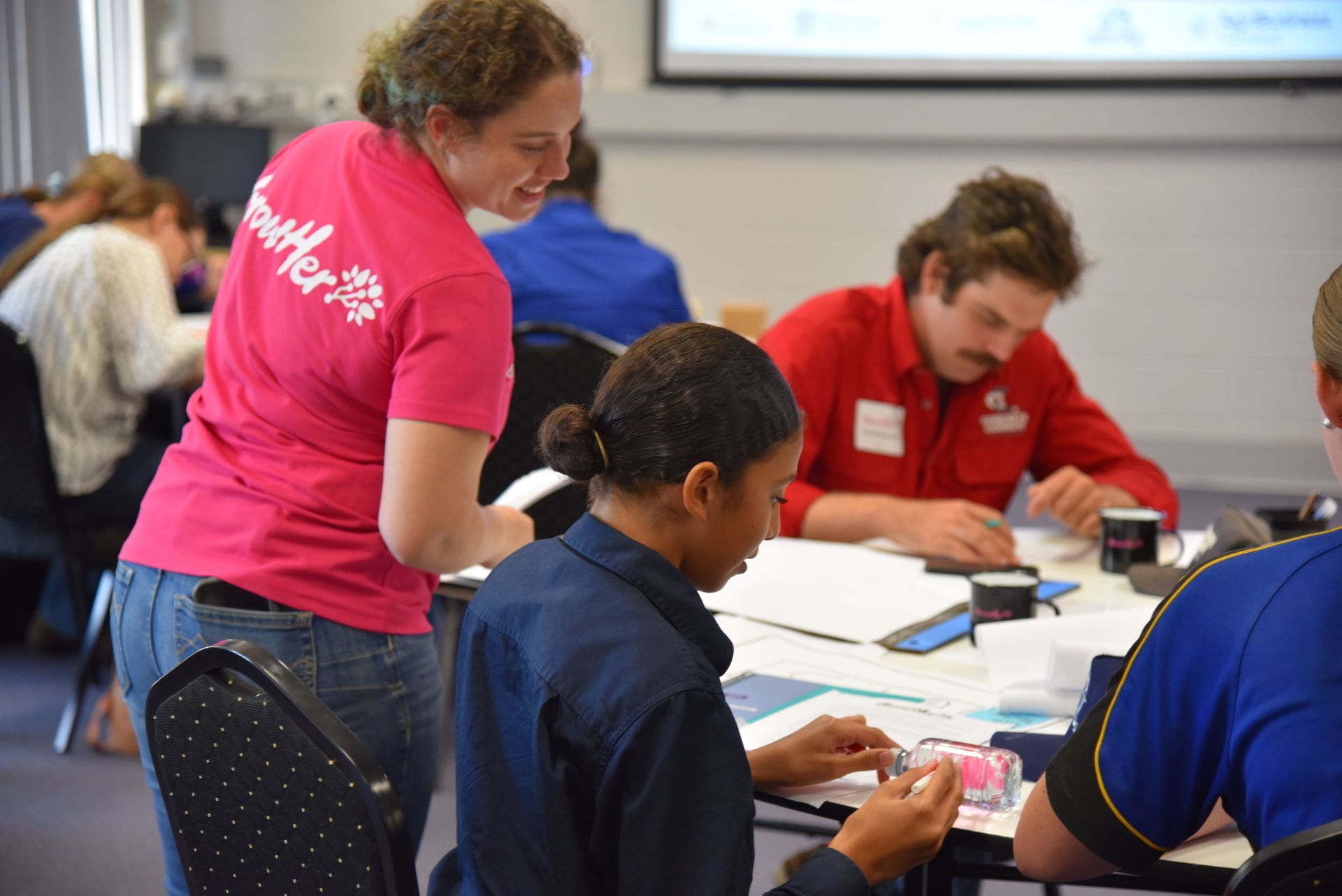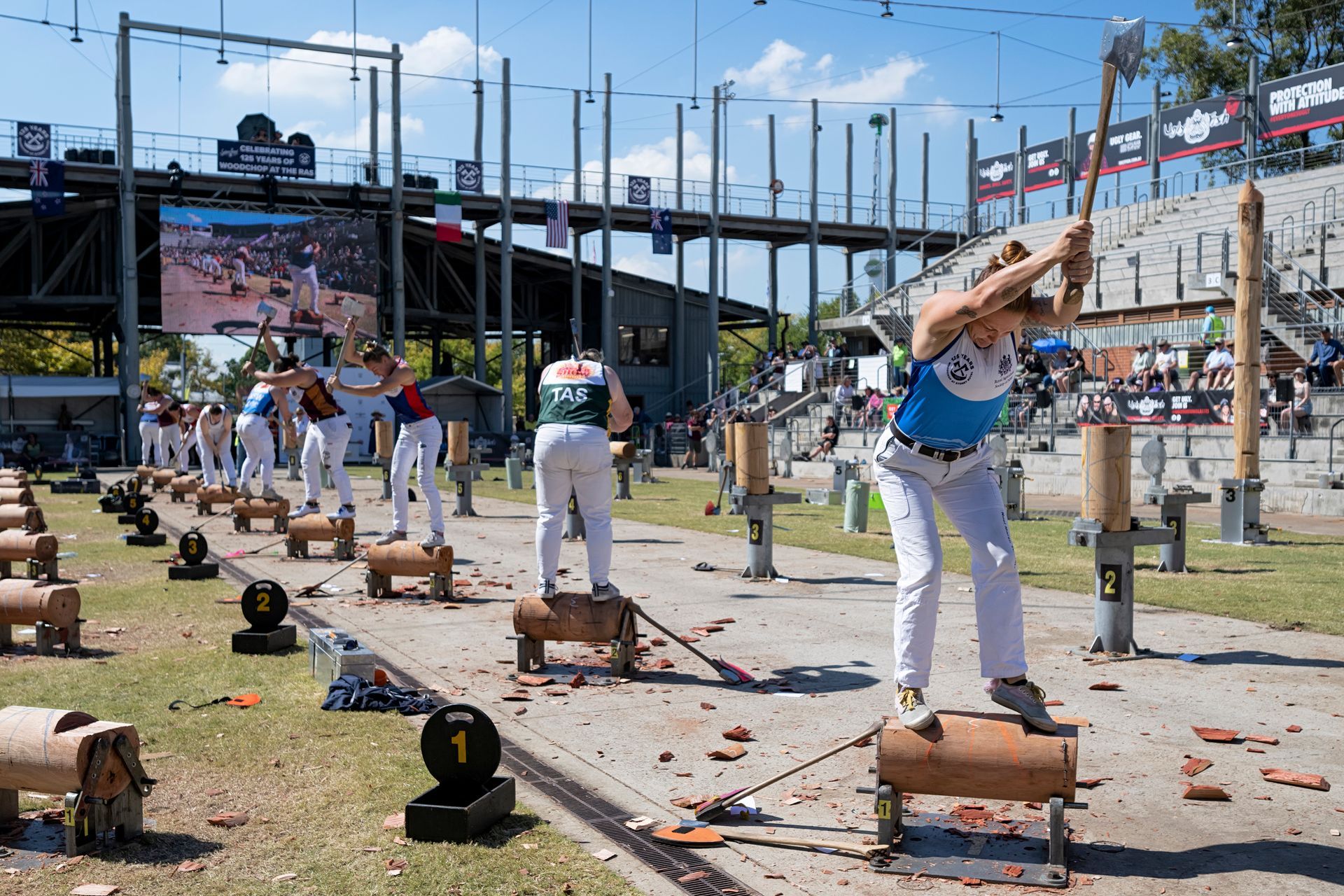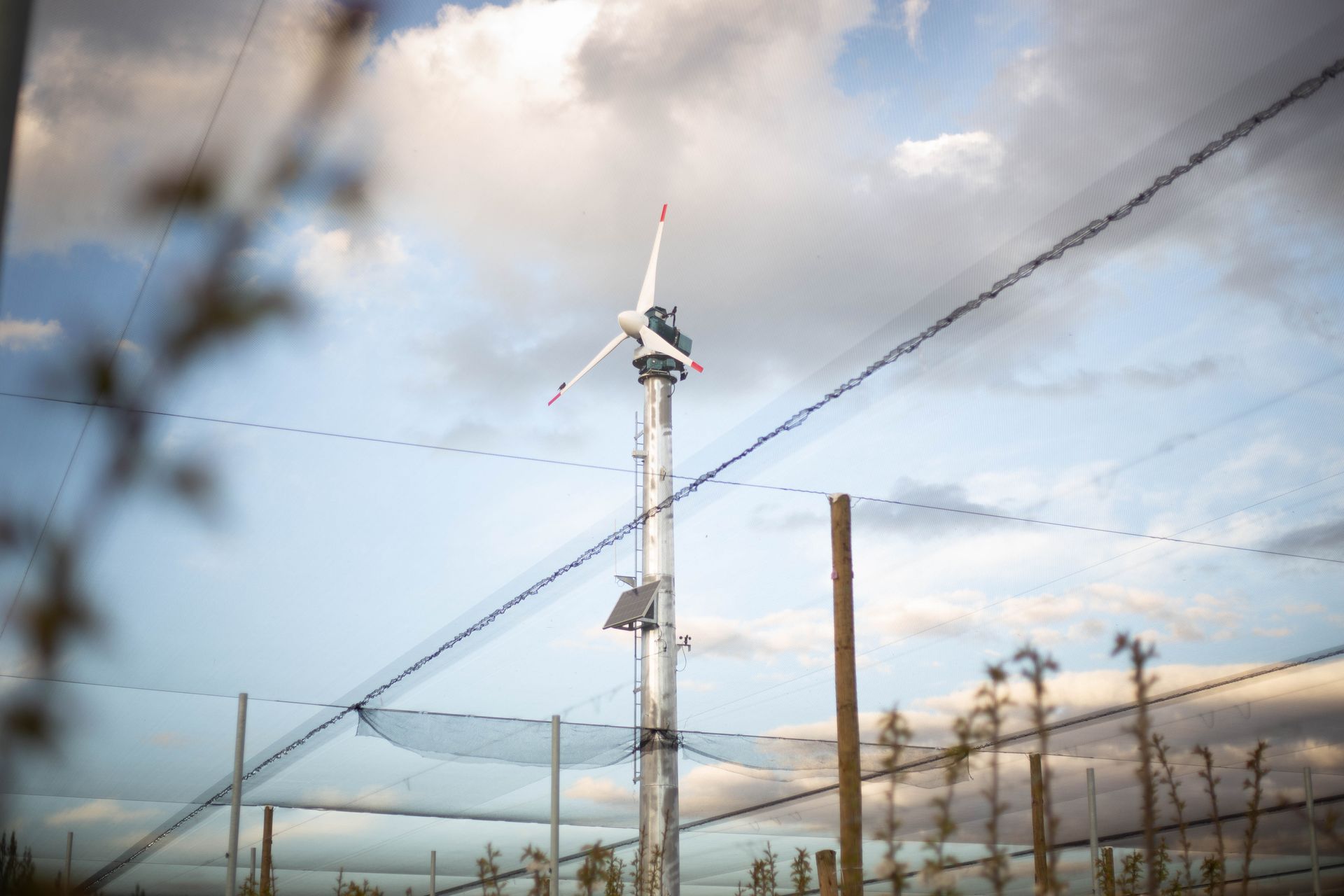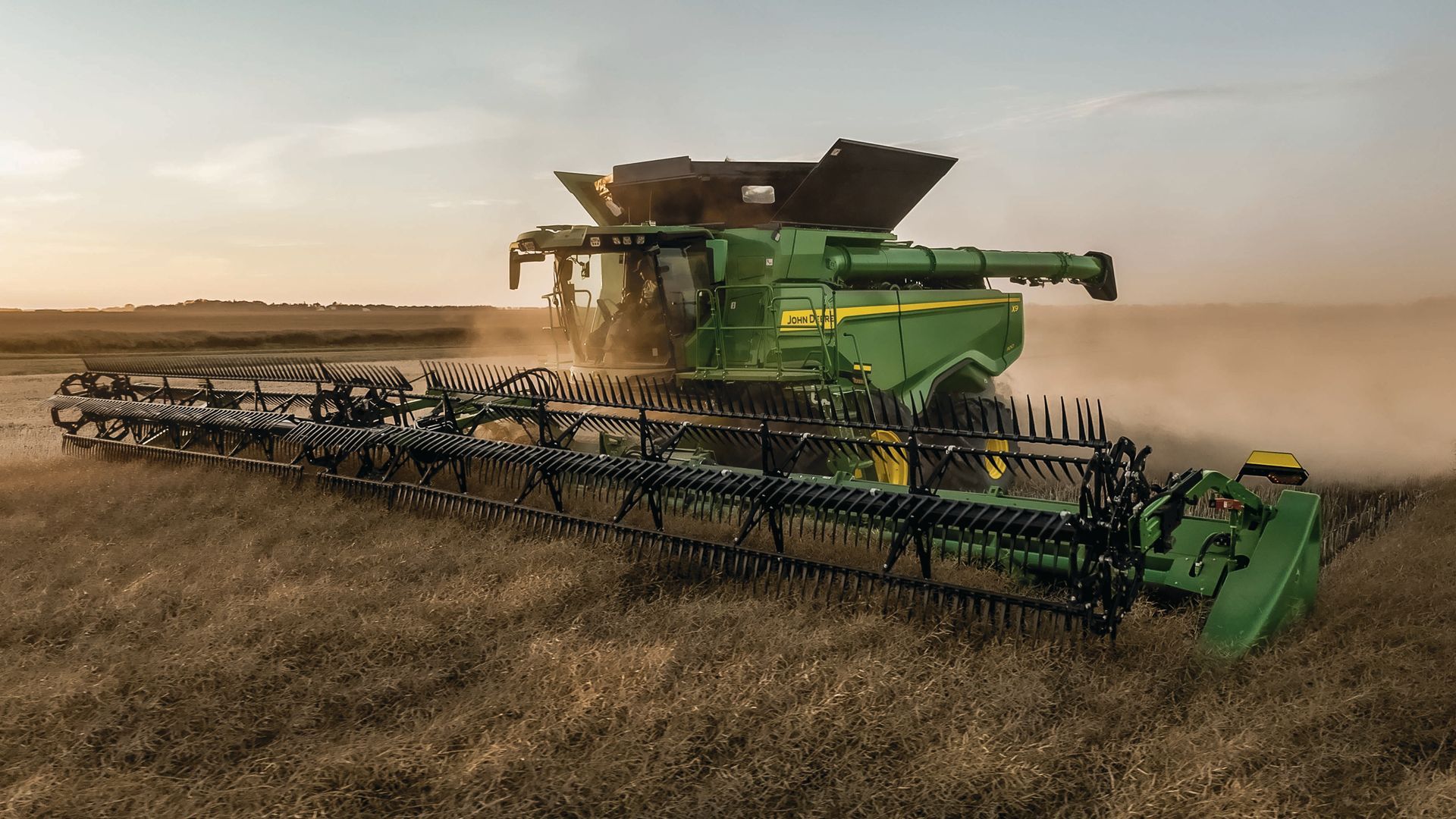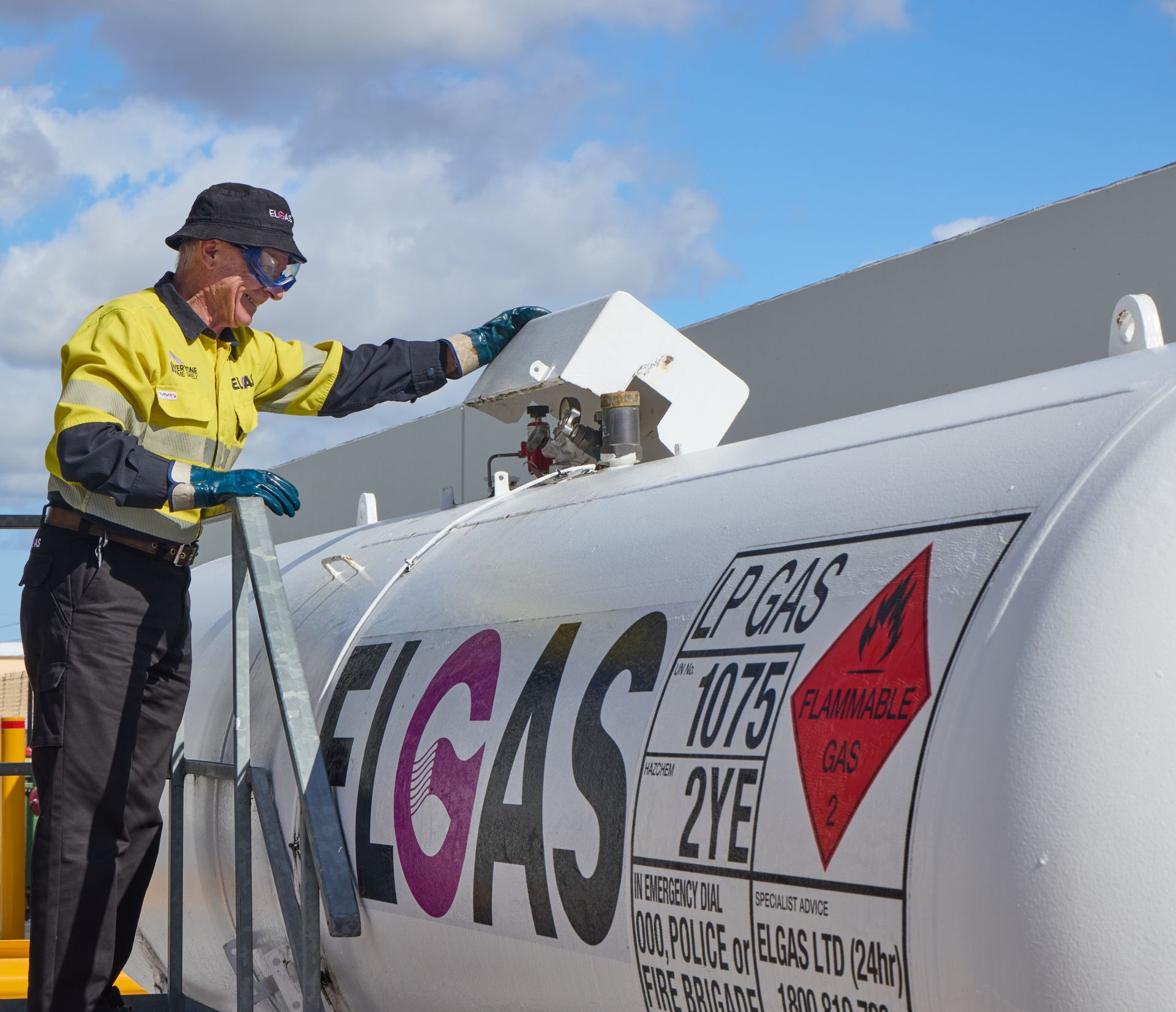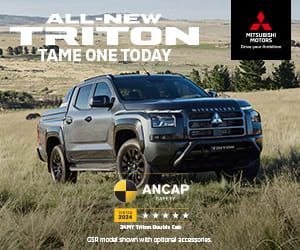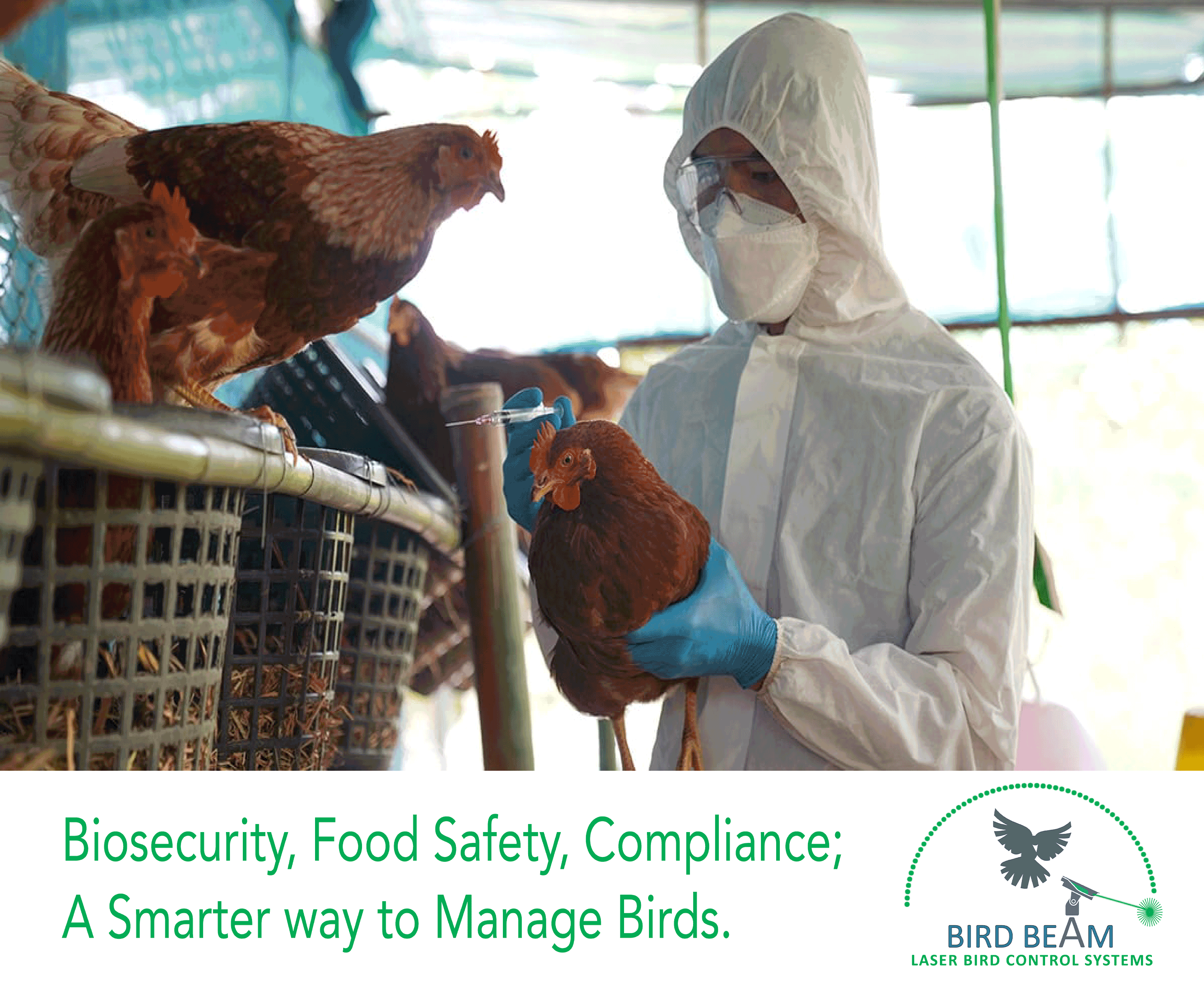1MG FlippingBooks
Aussie ag equipment manufacturing: competing with the giants
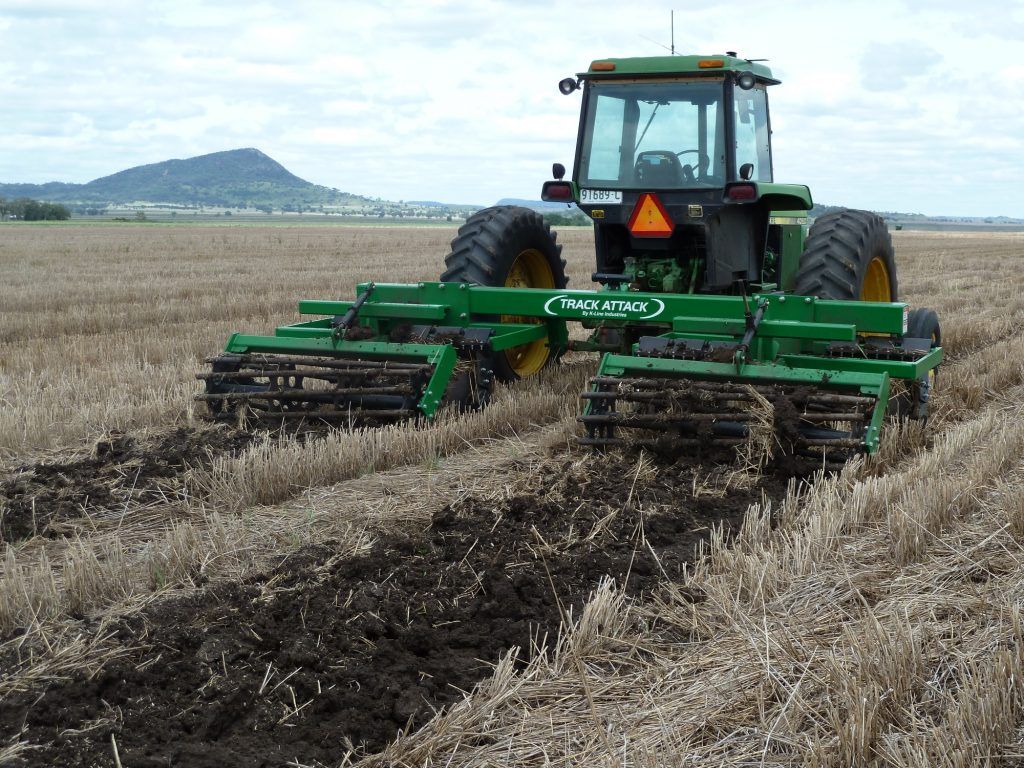
When you talk about agricultural equipment, the conversation is dominated by the big 3-4 multi-national tractor manufacturers. But, with this market experiencing a boom, several smaller Australian manufacturers are carving out a competitive niche.
Tractor sales in Australia in the last financial year grew by 3.6 per cent, one of the best results in over 30 years and the seventh consecutive year of more than 10,000 tractors sold. Though while the international giants dominate the tractor market, Australian manufacturers such as Boss Engineering and K-Line Ag have found success and a competitive advantage manufacturing other vital agricultural equipment such as planters, seeders and tillers.
Competitive advantage
Boss Engineering first started manufacturing agricultural equipment in Inverell in NSW over a decade ago and has grown to house more than 110 employees. Sales Representative Warren Anderson puts the company’s success in competition against the global players down to a willingness to customise.
“We compete by being more versatile and more willing to customise to match our customers’ requirements, whereas the big players tend to be very rigid in their product line – what Aussie farmers get from the big players is whatever they make for the North American market,” says Warren. “For Australian manufacturers like us, we survive because we’re willing to customise and compromise a lot more than the multinationals.”
K-Line Ag, acquired by CNH Industrial in 2019, is a family-owned equipment manufacturer based in Cowra with a more than 25-year history and has recently expanded into the North American market. Sales and Marketing Director Bill Larsen believes K-Line Ag survives and prospers by listening to the needs of farmers.
“The only way we’ve stayed competitive is by focusing on the local market and building what the farmer in Australia actually requires,” says Bill. “It’s about finding the areas that the big corporates aren’t looking after – they’re looking after cotton pickers, tractors and sprayers, but they’re not looking after those more niche sectors of the market that we step into.”
Working with the farmer
For both these companies, understanding farmers is the key to their business and an advantage they have over their competitors. Both businesses are based in major agricultural regions and involve farmers heavily in the research, development and design of new models and equipment.
“We don’t ever build a product and tell the farmers, ‘this is what you need’ – we build the product they ask us for,” says Warren. “Customer demand has traditionally driven all of our R&D, and customer to customer referrals have been a big part of our growth.”
“For half of our R&D projects, a farmer actually purchases the prototype prior to design,” says Bill. “I find the more farmer buy-in you can get, the better the whole system works – companies can do any amount of R&D off-site, but if they haven’t tested the machine in the field then some problems will show up further down the line.”
Building for Aussie conditions
A key part of the competitive advantage that local manufacturers such as Boss and K-Line provide is the fact that their equipment is specially made to handle the typically harsh Australian farming conditions.
“We build heavier products, built to suit the harsh Australian climates and the harsher treatment from Australian farmers, who are generally more demanding on the equipment,” says Warren. “By building our equipment heavier and tougher, and in places more flexible, I really think we get a longer lifespan compared to an imported product.”
“Like the other dominant equipment brands, we too have a business in the USA, so we’re very familiar with those conditions and they are far gentler than those experienced in Australia,” says Bill. “If these world giant companies can sell 10,000 machines per year in the US and 200 per year in Australia, why would they change their design? That’s where a little company like ours can step in and say we will make it to suit Australia and get that market.”
Embracing automation
However, staying competitive in the agricultural equipment industry is not just about staying close to farming customers and specialising for the local market. Companies such as Boss and K-Line have needed to embrace automation and increase efficiency to maintain their bottom lines.
Boss has recently installed the most advanced laser cutter in Australia in its factory and uses robots for many of the smaller repetitive manufacturing tasks, while K-Line has implemented leaner processes through their production to replicate the efficiency of the bigger global manufacturers.
“If we don’t adopt the same benchmark principles as the bigger players, we’re not going to exist,” says Bill. “At the end of the day, it makes us more efficient and is closing the gaps in the industry for smaller companies like us.”
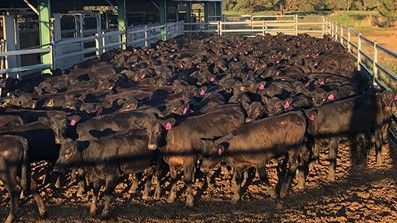
A selection of The Australian Farmer Sponsors - Click on a banner below to find out more...

